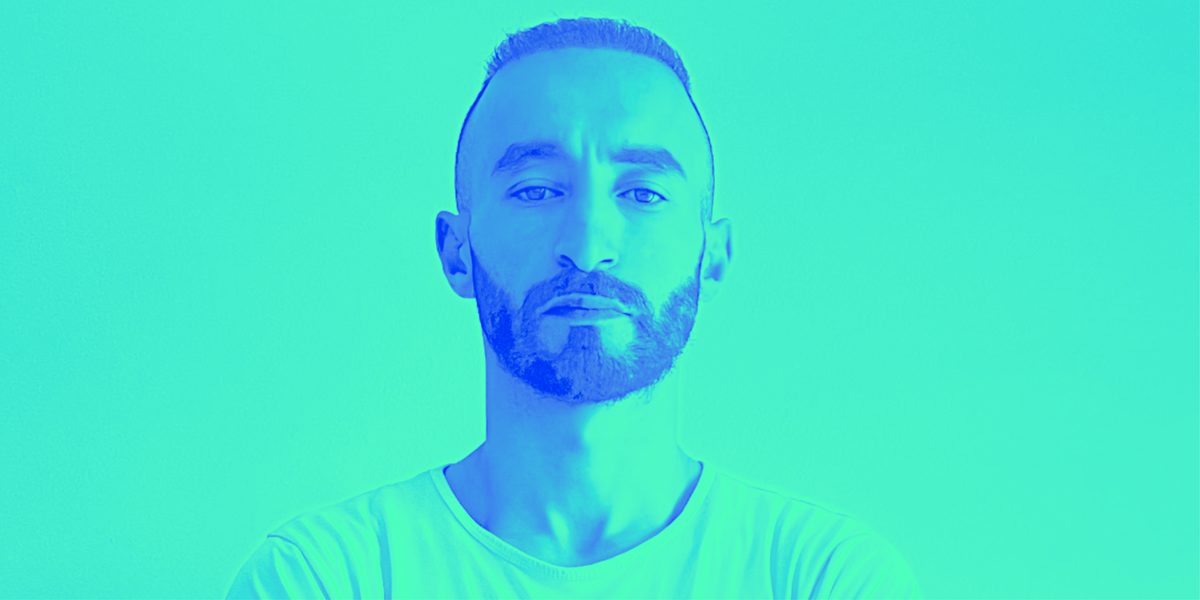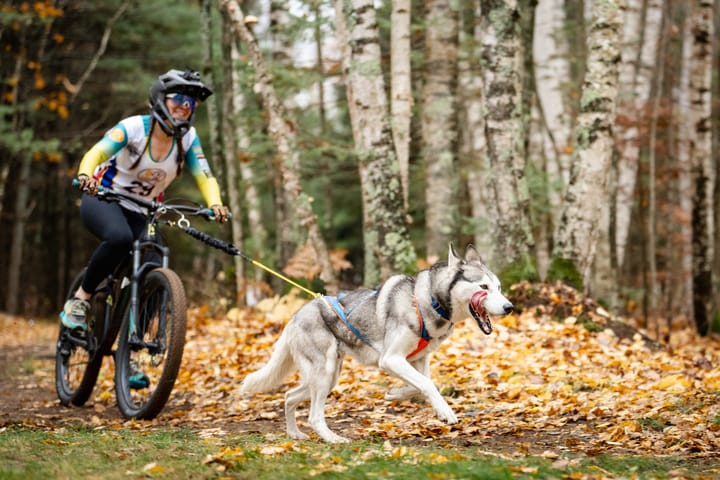Eslam Kilany: The Malta Connection
Malta's capoeira champion Eslam Mohamed Kilany transformed geographic isolation into competitive advantage, winning European gold from an unlikely Mediterranean base. Now he's targeting world titles while proving excellence emerges from unexpected places.

How Geographic Isolation Forged a Capoeira Champion
Eslam Mohamed Kilany discovered capoeira through accident and transformed it into European championship gold through calculated geographic strategy. His journey from casual Malta practitioner to international competitor reveals how distance from a sport's traditional center can become competitive advantage rather than limitation.
The Accidental Discovery That Became Destiny
Kilany's initial encounter with capoeira produced immediate recognition. "I've felt it inside my bones like I never felt with any other sports I did in my life," he explains. This visceral connection separated his capoeira discovery from typical athletic exploration. Where most athletes gradually develop sport-specific passion, Kilany experienced instant alignment between personal inclination and athletic discipline.
His background in acrobatic sports provided technical foundation, but capoeira offered something beyond physical challenge. The combination of martial arts, dance, music, and cultural expression created comprehensive engagement that isolated athletic pursuits could not match. This holistic attraction explains his rapid progression from recreational participant to serious competitor.
From Cultural Appreciation to Championship Pursuit
The transition from cultural student to international competitor required deliberate mindset shift. Kilany initially approached capoeira for "fitness aspects it provides with a lot of emotion and passion." Discovery of competitive circuits expanded his relationship with the art form. Competition became vehicle for artistic expression rather than departure from cultural practice.
His decision to "challenge myself and take that part of capoeira as well plus traveling the world through this Art" demonstrates strategic thinking. Rather than viewing competition as separate from cultural learning, he positioned competitive participation as extension of capoeira education. This integration allowed him to maintain artistic authenticity while pursuing championship goals.
The Malta Advantage: Strategic Geographic Positioning
Malta's isolation from traditional capoeira centers initially appears disadvantageous. The island nation lacks the deep capoeira infrastructure found in Brazil or established European hubs. Kilany acknowledges this limitation: "practicing capoeira in Malta is great for regular practitioners to have fun and learn and enjoy the art, but once I decided to compete I had to travel."
This geographic reality forced strategic adaptation. Kilany developed training methodology that maximized limited local resources while strategically accessing international competition circuits. His approach transformed geographic isolation into competitive preparation tool. Training in Malta required self-sufficiency and creative problem-solving that translated into ring advantages.
The necessity of international travel for meaningful competition created early exposure to diverse capoeira styles and strategic approaches. Where Brazil-based competitors might train primarily within single methodological traditions, Kilany's geographic situation demanded adaptability across multiple international schools and competitive formats.
Championship Methodology: Building Systems for Success
Kilany's recent achievements follow clear progression pattern. First place finishes in Azerbaijan national solo competition and Malta Nago championship, combined with second place at VMB Sweden, demonstrate consistent high-level performance across varied competitive environments.
His preparation for upcoming championships reveals systematic approach. "I am doing my best on trainings and strategies right now to build strength and endurance and game plans to fight differently this time" indicates analytical assessment of previous performances and tactical adjustment for improvement.
The Baltic Championship in Estonia and Slovakia Open represent calculated stepping stones toward ultimate Brazil competition goal. This sequential approach builds competitive experience while maintaining championship momentum. Each competition provides data for strategic refinement rather than isolated achievement pursuit.
Cultural Bridge-Building Through Competition
Kilany's role as Malta's primary international capoeira competitor creates broader cultural responsibility. His success directly impacts capoeira's development within Malta's sports landscape. "Bringing the world championship belt to Malta will change so many things regarding capoeira presence here as to more people will know about us and we bring more attention from sponsors and brands."
This cultural bridge-building extends beyond local impact. His position as European champion from non-traditional capoeira territory demonstrates the art form's global accessibility. Success validates capoeira's expansion beyond Brazilian and established European centers.
The responsibility Kilany acknowledges—"Me as the only high level competitor from Malta puts responsibility on me to perform well and bring wins and achievements"—reflects understanding of representative role. Individual achievement becomes cultural advancement tool rather than purely personal accomplishment.
Legacy Construction Through Geographic Expansion
Kilany's future vision centers on systematic capoeira development across multiple continents. His plan to help "people around Europe and other continents physically or online plus make my team here Great and help everyone improve their fighting game skills" demonstrates scalable approach to knowledge transfer.
This expansion strategy leverages his unique position as champion from non-traditional territory. His experience navigating capoeira development in resource-limited environment provides valuable expertise for other emerging capoeira communities facing similar challenges.
The combination of competitive success and teaching commitment creates sustainable model for capoeira growth. Rather than pursuing individual achievement exclusively, Kilany positions championship success as foundation for broader cultural impact.
Analytical Conclusion: The Power of Strategic Displacement
Kilany's journey demonstrates how geographic displacement from sport's traditional center can generate competitive advantages through forced adaptation and strategic thinking. His Malta base required development of self-sufficient training methodology and international network building that enhanced rather than limited competitive capability.
His success validates capoeira's global competitive potential while maintaining cultural authenticity. The integration of championship pursuit with cultural education and community building creates sustainable model for martial arts development in non-traditional territories.
Kilany's championship trajectory from accidental discovery to European gold reveals that athletic excellence emerges through strategic adaptation to available resources rather than optimal environmental conditions. His Malta connection transformed geographic limitation into competitive strategy, producing championship results that expand capoeira's global competitive landscape.




Comments ()